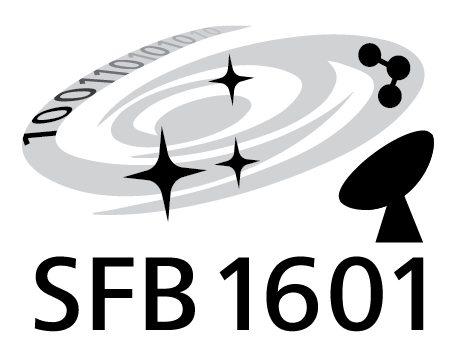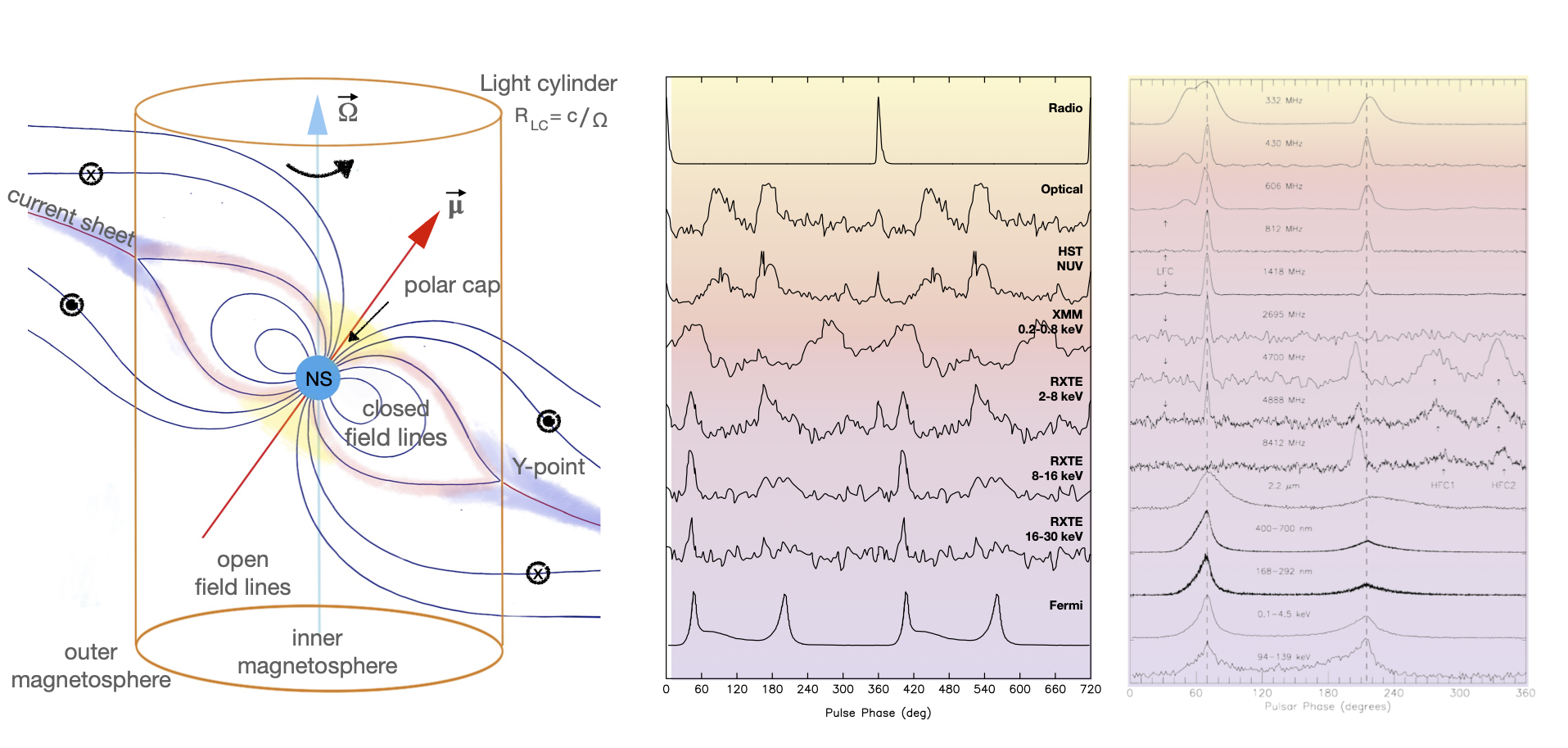The next SFB-colloquium will be on December 2 at 2 pm in the seminar room 0.02 of the Max Planck Institute for Radio Astronomy in Bonn and will start with a coffee reception at 1:45 pm in front of the room. The colloquium will also be streamed via Zoom.
Michael Kramer from the Max Planck Institute for Radio Astronomy will talk about “Geometry, geometry, geometry …“.
Abstract:
As with many physical systems, geometry plays a crucial role, if not the crucial role, in the study of pulsars. Its importance cannot be overestimated. It determines how and if we see these objects, plays a role in their formation during the death of massive stars and in their possible disappearance from view. Geometry determines whether they are merely radio sources or whether they can be seen as gamma-ray pulsars. Geometry is also important for testing gravity and understanding the neutron star population. Often, it is not even constant. This talk will demonstrate why geometry is important, how we determine it and present new results and old puzzles

